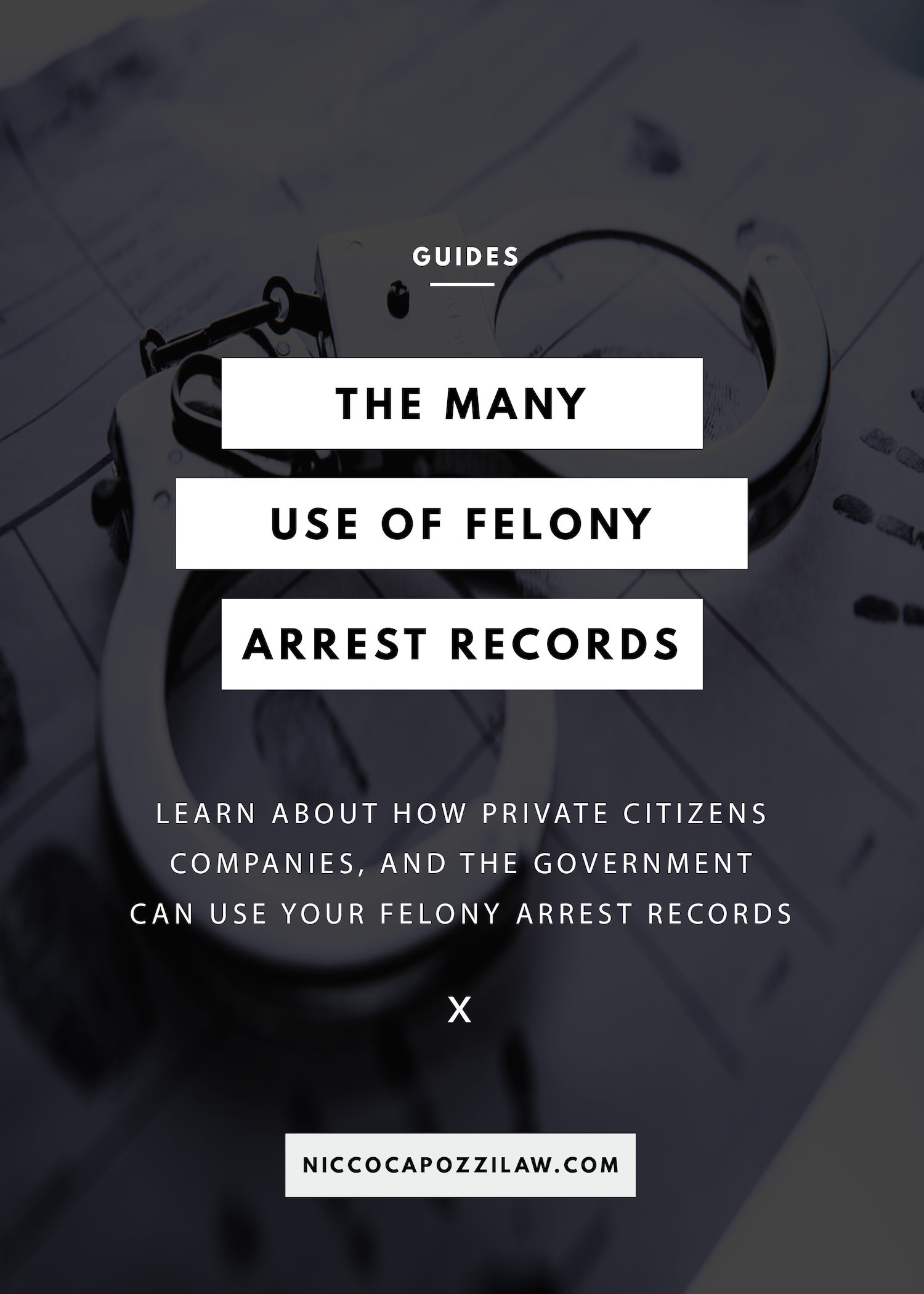Money Laundering
Under California Penal Code §186.10, a person who conducts or attempts a monetary transaction through a financial institution with specific criminal intent, or knowing the monies were obtained unlawfully, is guilty of money laundering. The transaction(s) must have occurred within a specified time period (i.e. seven days) and a minimum amount of money must have been laundered (i.e. exceeding $5,000).
California Health & Safety Code §11370.9 is a separate statute for money laundering related to drug transactions.
The federal laws criminalizing money laundering (18 U.S.C. §§1956 and 1957) are substantially similar to the California Penal Code. Money laundering elevates to a federal crime when specific crimes are involved and the defendant intended to conceal the money’s source. Federal law, unlike California law, does not have a time-period restriction.
A defendant may be charged with federal and state money laundering – including separate trials, convictions, and sentences.
Federal and state money laundering laws are separated into elements, or parts, of the crime. If the prosecution in federal or state court fails to prove any element, the defendant cannot be convicted.
Contact a money laundering to discuss how the federal and state money laundering laws apply to your individual case.
Burden of Proof: Beyond Reasonable Doubt
Federal and state crimes require the same burden of proof, or legal standard, to which a party must prove its case. The burden of proof is “beyond reasonable doubt,” which is the highest standard of proof. The prosecution must prove every element of money laundering beyond a reasonable doubt to convict the defendant. Your money laundering attorney will strategize a defense to demonstrate reasonable doubt.
What are the penalties?
Either a federal or state conviction is punishable by many years in jail or prison, and possibly thousands of dollars in fines. The sentence is determined by the amount of money laundered, other criminal conduct involved, and whether the defendant has had prior convictions.
You should not speak to anyone about your case without an attorney present to preserve your rights. Anything you say may be used to incriminate you at trial or other legal proceedings.
Money laundering is generally charged with other crimes, such as conspiracy or organized crime. Therefore, you need an experienced attorney to zealously defend your life and liberty against these serious charges. Call (559) 374-2012 today!





